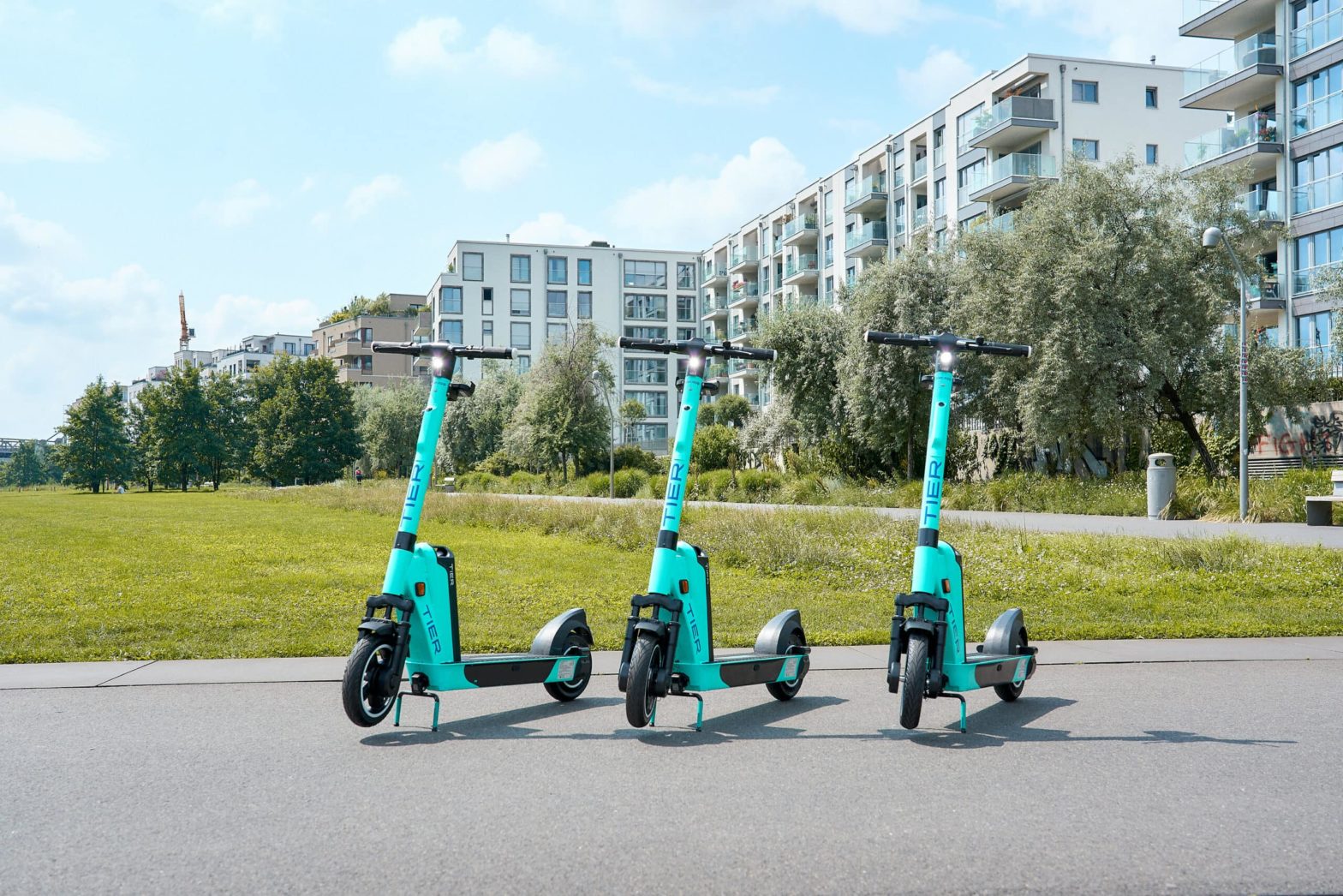
Photo: TIER
E-scooter firms collaborate on universal warning sound
31 January 2022
by Christopher Carey
Researchers from University College London (UCL) are working with micromobility operators to research and develop a ‘universal sound’ for e-scooters to alert pedestrians and other road users of their approach.
The sound will be developed at the university’s Person-Environment-Activity Research Laboratory (PEARL) with input from Dott, Lime and TIER – the three firms licensed to provide the UK capital’s e-scooter trials.
Concerns have been raised by charities about the safety of e-scooters after a number of collisions, although these have largely involved illegal unlicensed e-scooters that operate outside of the government-approved trial scheme.
It is expected that the alert will be in place by the end of the year and could eventually be adopted by all e-scooter firms across the UK.
Scientific challenge
“This is an exciting project to work on to ensure that people with a range of different capabilities can know when an e-scooter is nearby and how it is moving, enabling them to comfortably and safely move around the urban environment,” said Professor Nick Tyler, Director, UCL PEARL.
“Through studying how the human hearing system has evolved, we can create sounds for e-scooters that are detectable without adding more noise to the environment.
“We plan to test a range of combinations of sounds and environments at UCL PEARL with people who are less likely to detect e-scooters nearby, so that we create a sound that works for all – it is a huge scientific challenge, but one that will enable everyone to feel comfortable with this new form of micromobility that is quickly growing in popularity.”
Improving safety
In November 2020, TIER announced plans to add sound to its e-scooters to alert visually impaired people of their approach, partnering with the Thomas Pocklington Trust – a UK charity for blind and partially sighted people.
Fred Jones, Vice President and Regional General Manager of TIER, said: “We are proud to have initiated and funded this project to develop an inclusive and effective sound for e-scooters.
“TIER will license the use of this sound for free to the benefit of other operators in our industry, and the residents of the cities in which they serve.”
Last year Dott partnered with the University of Salford to develop and test audible detection in collaboration with the Royal National Institute of Blind People (RNIB).
Rise in accidents
E-scooter accidents have been on the rise in London over the past four years, with 258 e-scooter collisions during the first six months of 2021 – compared to just nine for the whole of 2018.
The number rose to 38 in 2019, before hitting 266 in 2020.
The vast majority of incidents involve privately owned e-scooters however, with TfL reporting just 13 incidents involving licensed e-scooters since London’s trials started in June 2021.
Joanna Wootten, Chair of TfL’s Independent Disability Advisory Group (IDAG), said: “IDAG is really excited about the London operators’ methodical and collaborative approach to creating an audible sound for their e-scooters.
“They are breaking new ground where there are currently no standards or regulations in place. IDAG looks forward to working with them as the scheme progresses.”
Image: TIER











